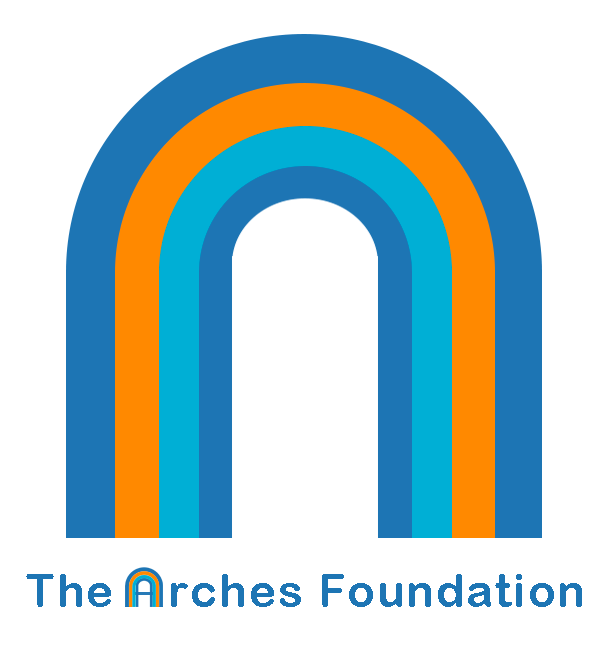Trauma is an emotional response to an event such as a car accident, domestic violence, natural disaster or sexual abuse. It is normal after any traumatic incident to be in shock or denial about what had happened or what you witnessed.
There are three different types of trauma:
- Acute – a single incident.
- Chronic – repeated and prolonged, which can be seen in domestic violence.
- Complex – often is exposure to varied and multiple traumatic events.
A traumatic event can lead to mental health issues such as Post Traumatic Stress Disorder (PTSD), Depression, Anxiety, alcohol and drug use, as well as having a major impact on relationships with family, friends and work colleagues. Long term reactions include unpredictable emotions, flashbacks, strained relationships, and even physical symptoms like headaches, nausea or panic attacks.
Within a family dynamic, trauma responses such as anger or drug abuse can be harmful to the development of children and teenagers. Trauma that has not been healed and managed with interventions such as therapy can be carried on from person to person, because of actions such as abuse, neglect, or witnessing violence. This causes a follow on effect with family dynamics. A person with trauma might experience feelings of shame and guilt; this can be one of the many reasons why someone may not seek help with therapy.
Studies have shown that adults who have experienced childhood trauma were more likely to struggle controlling emotions, had heightened anxiety, depression, and anger. If left untreated, childhood trauma can have long lasting effects. Trauma can affect a child’s ability to regulate their emotions and they are two times more likely to develop depression and three times more likely to develop anxiety.
What Therapies Are Available To Help Process Trauma?
It is never too late to heal and mend after trauma, even years after experiencing emotional and physical symptoms. There is help individuals can access through therapeutic interventions when they want to address their trauma and break the cycle. Some of these therapies are:
Cognitive Processing Trauma Therapy (CPT)
Cognitive processing therapy is a specialized type of cognitive trauma healing therapy used to treat patients with PTSD. Typically done over a 12-session period, it has been shown to reduce trauma in veterans, sexual assault victims, and children who have experienced abuse or trauma. The main focus of CPT is to re-contextualise and help rationalise the traumatic events experienced by the victim.
Trauma-Focused Cognitive Behavioral Therapy (TF-CBT)
Trauma-focused cognitive behavioral therapy is a type of psychotherapy that provides healing for adults. It helps patients change destructive patterns such as negative emotional, behavioural, and thought patterns into positive solutions through the use of awareness and cognitive responses. Clinicians have found success using TF-CBT in children, adolescents, and traumatised adults in 8-25 period sessions.
Eye Movement Desensitization and Reprocessing (EMDR)
Eye movement desensitilisation and reprocessing therapy is another form of therapy for childhood trauma. EDMR is a form of psychotherapy in which a subject will recall traumatic memories while moving their eyes from side to side in a rhythmic pattern. This treatment has shown success in decreasing the negative effects associated with PTSD. EMDR typically shows results after 6-12 sessions.
Narrative Exposure Therapy (NET)
Narrative exposure therapy aims to treat individuals with complex and multiple incident trauma. NET involves chronologically laying a patient’s life out and putting into context the events of their life at both positive and traumatic points. The goal of NET is to help the patient refine and understand traumatic events by putting one’s life events into context. NET is a short term therapy typically ranging from 4 – 10 sessions.
Prolonged Exposure Therapy
Prolonged exposure therapy, sometimes referred to as flooding, is a type of behavioural cognitive therapy in which a patient is exposed to traumatic memories to help them understand and rationalise those events. Prolonged exposure therapy has had decades of success with patients suffering from PTSD related depression, panic attacks, and anxiety. Sessions typically last 15 weeks or longer.
What Services Can I Access to Help Navigate Trauma and Start Healing?
General Practitioner
If you have never accessed mental health care, you may not be familiar with the process. You will require a referral from your doctor to see a psychologist and psychiatrist. Your doctor will ask you some questions and determine what is best for you in this situation. They may suggest medication, therapy, or both! While in this appointment you can ask for a Mental Health Care Plan which allows you to have a number of medicare rebated sessions with a therapist. From there you will have to book your appointment with the psychologist or psychiatrist and submit your Referral plus the Mental Health Care Plan.
Victim Services
If you decide to report a crime that caused you trauma to the police and you are going through the criminal proceedings, you can access mental health services through Victim Services. This is a case by case basis and we recommend you speak directly with Victim Services to access this.
Helplines & Hotlines:
Relationships Australia – 1300 364 277
Beyond Blue – 1300 22 4636
KidsHelp Line – 1800 55 1800
1800 Respect – 1800 73 732
LifeLife – 13 11 14
Mensline Australia – 1300 78 99 78
13 YARN (First Nations & Torres Strait) – 13 92 76
Sources:
No Author. 5 April 2022. Better Health Channel. Trauma and Families. https://www.betterhealth.vic.gov.au/health/healthyliving/trauma-and-families
No Author. The National Child Traumatic Stress Network. Families and Trauma. https://www.nctsn.org/trauma-informed-care/families-and-trauma#:~:text=All%20families%20experience%20trauma%20differently,to%20their%20circumstances%20and%20environment
No Author. The National Child Traumatic Stress Network. Trauma and Families: Fact Sheet for Providers. https://www.ncsby.org/sites/default/files/resources/Trauma%20and%20Families%20Fact%20Sheet%20for%20Providers%20–%20NCTSN.pdf
Dr Todd Thatcher. 20 November 2018. Highlands Spring Clinc: Healing Childhood Trauma in Adults. https://highlandspringsclinic.org/healing-childhood-trauma-adults/
